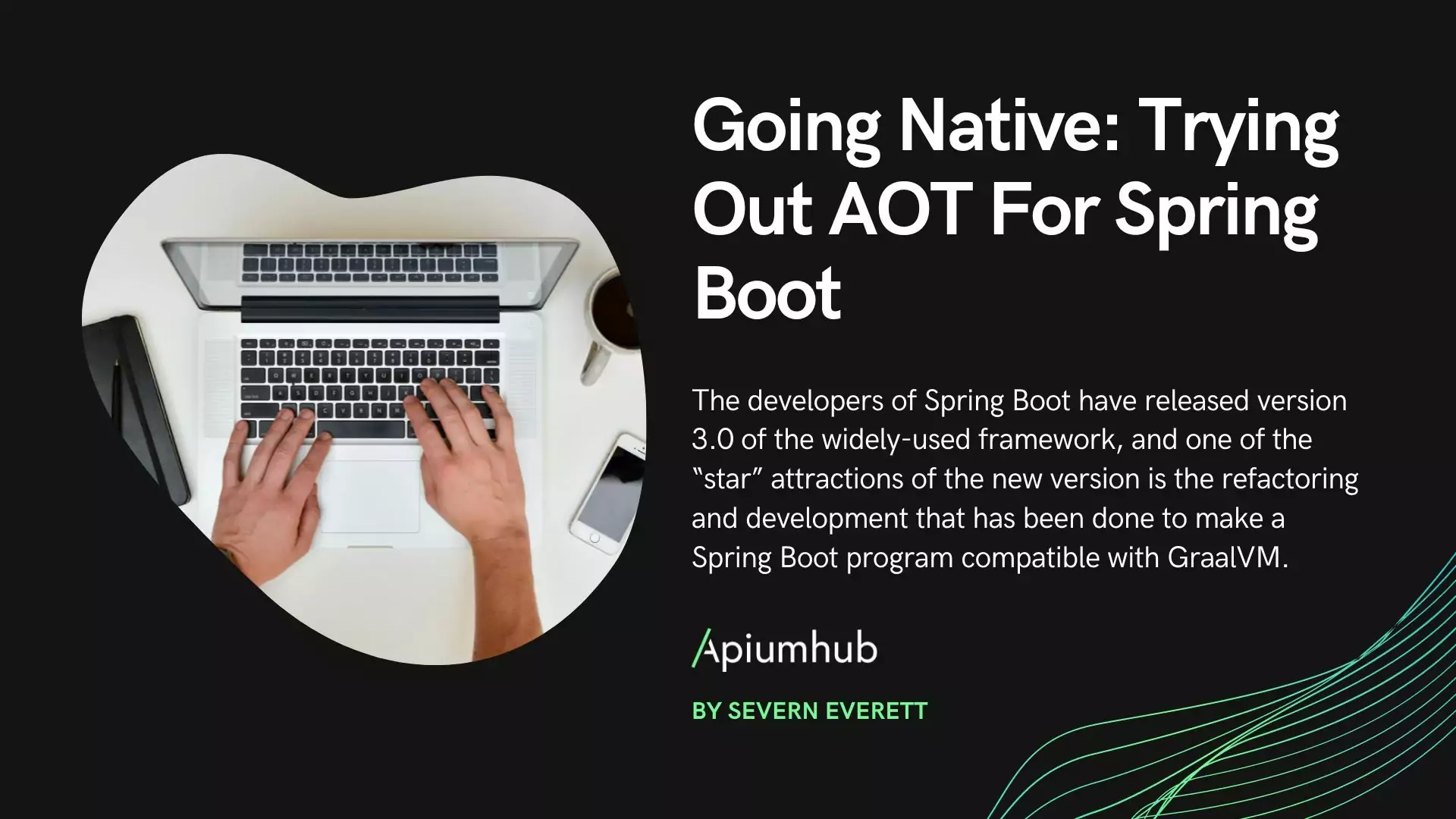Table of Contents
Mobile usage has been increasing over the past few years and is here to stay. As it represents such an important part of our lives, we know it’s not something to be ignored. In this infographic, you will get a clearer overview about the difference between mobile app vs mobile website and what would be more appropriate for your business because when it comes to choosing between both, it can be quite tricky to determine which direction to take. But first, I suggest you to read an article about 7 things you need to do before building an app.
As mentioned, the mobile industry has boomed in the past few years, making it impossible not to be present online and on mobile. Here are a few fun number to look at that kind of prove my point!
Few impressive mobile statistics
- 80% of internet users own smartphones
- 90% of media time is spent on apps while 10% is spent on the web
- 50% of smartphone users grab their phone as soon as they wake up
- 68% of companies have integrated mobile marketing in their strategy
- 90% of the companies will increase their investment in mobile apps
- 87% of the people always have their mobile with them
Many people don’t really know if they should go for a mobile app or if they should build a mobile website. The thing is that it depends of many factors that are specific to the business itself. Before going in those details, I would like to start off by briefly explain the difference between mobile app vs mobile website.
Difference between mobile app vs mobile website
Mobile website
When we talk about mobile website, we are basically talking about a website that fits to the screen of mobile devices and that is designed for touch screen devices. In fact, like any other website, a mobile website is accessed with a browser (safari, chrome, etc.) through the internet. The main difference would be the fact that everything that is displayed (images, videos, text content, etc.) will be adapted to the screen of a mobile phone, tablet, etc. Another characteristic is that through a mobile website, you can have access to a few features of the mobile phone or device, as for example placing a call.
Mobile app
One of the main difference between mobile websites and mobile apps is that a mobile app is purchased on an app store, downloaded and then installed on a device, while the mobile website is accessed through the browser. In mobile app development, you’ve got Native & Hybrid apps.
- Native app: a native app is developed specifically for one platform as for example iOS or Android. It takes full advantage of the device’s features (camera, GPS, contacts, etc.).
- Hybrid app: a hybrid app, as its name implies, is a combination of both elements of native & mobile websites. It’s basically a mobile website that is built with web technologies like HTML5, JavaScript & CSS and then put into a native container. The hybrid app will therefore have access to some features of the device (camera, contacts, GPS, etc.), things that are not allowed through mobile browsers. The performance & speed won’t be as high as a native app.
Now that we know what the difference is between a mobile app and mobile website, why don’t we figure out how to choose between those two. So let’s get down to business!
Mobile app vs mobile website
What you should take into account
- Your goals: what are you building? What is your product and what is its purpose? What is your mission & vision?
- Audience: Who are you trying to reach?
- Budget: What is your budget, how much are you willing/able to pay?
What are the advantages of going for a mobile website?
- Convenience: Users won’t need to download it, it is directly accessible from their browser.
- Compatibility: Easily accessible on any device that has a browser, regardless its operating system.
- Flexibility: You just need to update the content on your website, it will immediately be visible.
- Pricing & easiness: It is much easier and cheaper to develop a mobile website.
When should you go for a mobile app?
- Regularity: It the app will be user on a regular base like WhatsApp or Gmail, having an app is much more convenient, easier to increase engagement, send notifications, etc.
- Internet: If you want your user to be able to access the functions of your app without being connected online, a mobile app is needed. Let’s take the example of Babbel that enables you to download lessons and then access them offline.
- Functionality: If its a more complex product and that you want to have access to certain functionalities of the device, go for a mobile app.
- Gaming: If you plan on providing your users with a gaming experience or something quite interactive.
Infographic about mobile app vs mobile website










